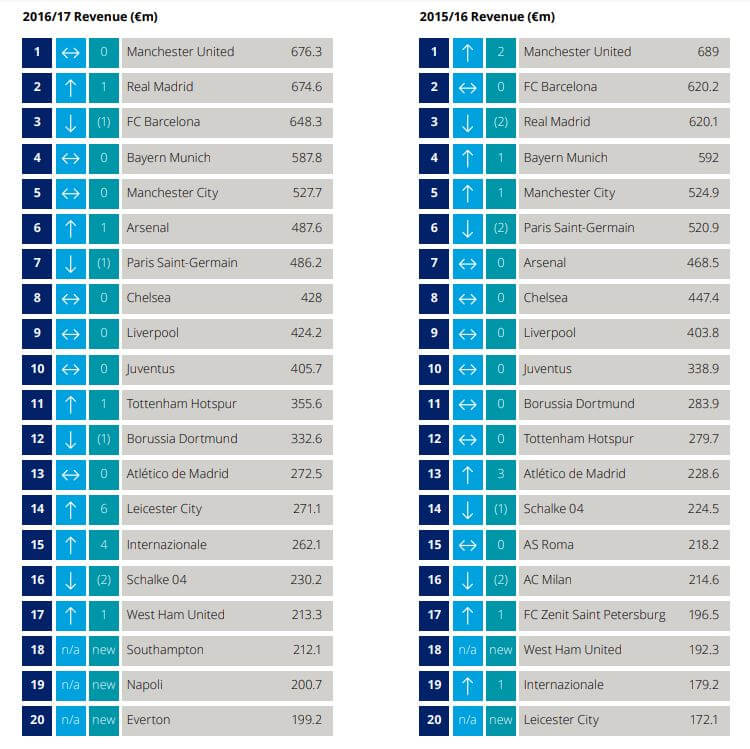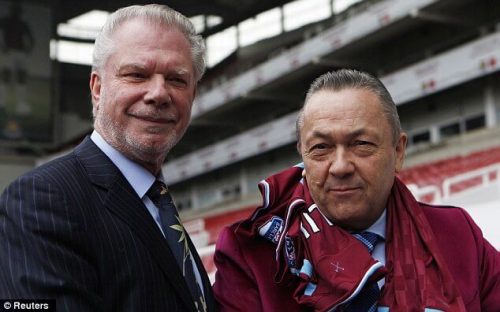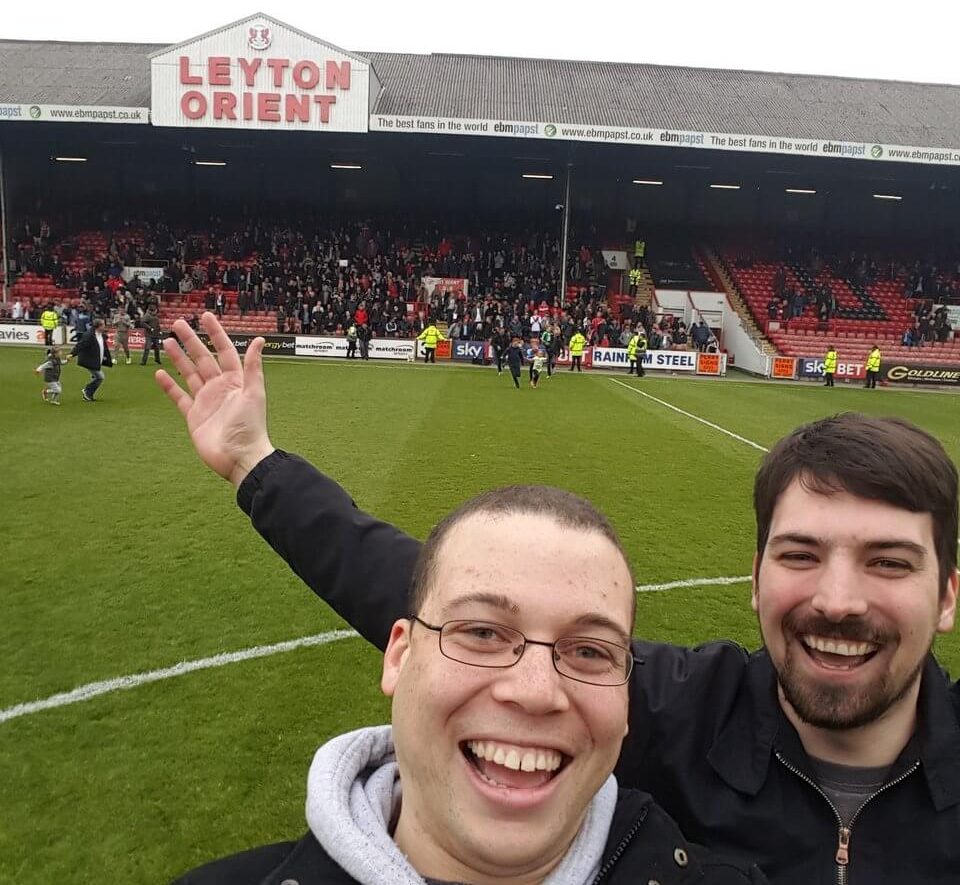Despite TV Money Season Ticket Holders Are West Ham’s Heart
With the recent news of another multi-billion pound Premier League television deal, we have to wonder how important the fans in the stadium are to owners like David Gold and David Sullivan. In modern football, TV money far outstrips matchday revenue, so how important are the season ticket holders?
In mid-February, the Premier League sold its TV packages for 2019 to 2022; Sky Sports and BT Sport were the main domestic buyers. At the time of writing, the whole suite of packages had not yet been sold. Regardless, the league will be taking £4.46 billion, slightly below the £5.14 billion paid for the current 2016-2019 period.
Despite Gold and Sullivan’s many negatives, their tenure has financially transformed West Ham United. From the brink of fiscal collapse eight years ago, we now sit 17th in the 2018 Deloitte Football Money League, ahead of Napoli and Everton.
West Ham’s 2017 revenue amounted to £183.3 million. Of this, matchday revenue only made up 15.6% (28.6m); the lion’s share came from broadcasting revenue – 65.08% (£119.3m). The remaining 19.31% (£35.4m) was brought from commercial revenue. In straight financial terms, the die hards make a relatively small impact on the coffers, and this proportion is unlikely to change.

The Premier League aspires to have the clout of the mega-rich American sports leagues. In the NBA, a single ticket for the reigning champion Golden State Warriors ranges from $60 to over $1,100. As the Premier League eagerly follows their example, ticket prices will naturally increase: ask the people who paid $3,000 to attend the Super Bowl.
Football is a business and for that reason alone, the fans will always be important to the money men. The die hard fans generate millions of pounds; this income is amplified by the foreign markets’ insatiable desire for Premier League action. In recent years international rights have skyrocketed: China alone has seen a tenfold increase, the latest three-year deal went for $700 million.
Most significantly, internet companies have recently been sniffing around the negotiating table: the Premier League has been courting big online players Amazon, YouTube and Facebook. Sky and BT are fearful of these new players and agreed a surprise channel-sharing deal that looked unthinkable until now.
The internet provides a key avenue for spreading the teams’ brand across the world. This plays more into the hands of Gold and Sullivan, as improving West Ham’s foreign presence creates more fans willing to buy the £50 home kits or the ghastly sky blue away kit. We even have a Ghanaian fans club on Twitter these days- the Hammers are a truly international force.
It’s not all about money. Aside from the financials, season tickets will always be important; nothing can match the matchday experience. The feelings of camaraderie grow as the trickle of claret and blue becomes a roaring sea. Even though we’ve left our spiritual home, the heart of West Ham continues to beat London Stadium and that’s something that will never be replicated while watching at home.
Some people think that this reliance on TV money makes the modern fan obsolete in comparison to the armchair fan. When you broadcast football over the world you will naturally will have more armchair fans than the 60,000 people who rock up to London Stadium every week. Despite the co-chairmen’s behaviour, Gold and Sullivan know that without the season ticket holders, West Ham would die.

Choosing a team usually comes down to how much you can identify with the fanbase and the ideology. The diehard fans make the experience palpable, teaching the younger fans about the Billy Bonds era and the West Ham Way. In a few years it’ll be us talking about the Upton Park experience for those who were too young to experience the noise from the Chicken Run on a bleak winter afternoon. The fans define the club’s identity; we are all different but united by a passion for the boys and girls and claret and blue.
More people than ever tune in to Premier League football, increasing international exposure to West Ham. I’d wager that most of the new fans we attract are drawn by the fanbase and its passion for the team.
Experiencing football first-hand will always make football fans important no matter how much money the ownership makes from other sources. The nature of football fandom might change in the process but this can never erase the impact the season ticket leaves on West Ham United Football Club. This is our club and no matter how marginalised we might feel by the chairmen or their outside revenue sources, they can never kill the spirit.


